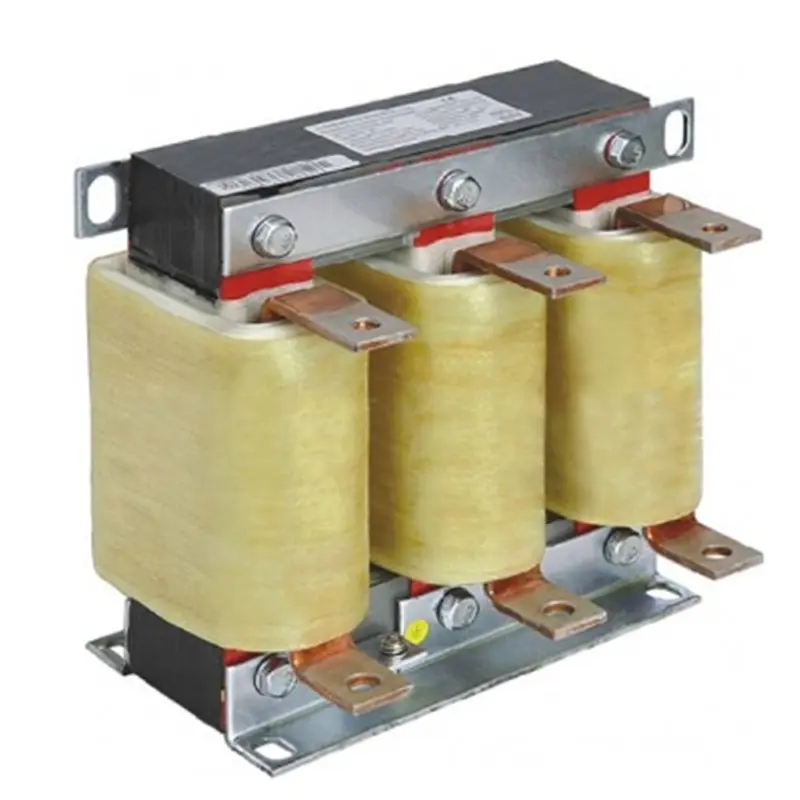In the field of improving power quality, filter reactors play a vital role in improving the efficiency and reliability of power systems. These reactors are part of the filter capacitor bank and form an LC resonant circuit, which is widely used in high and low voltage filter cabinets. Their main function is to filter out specific high-order harmonics in the system, absorb harmonic currents locally, and ultimately improve the power factor of the system. This critical role in mitigating grid pollution highlights the importance of filter reactors in improving the overall power quality of the grid.
The use of filter reactors in combination with filter capacitor banks helps solve the challenges posed by higher harmonics in electrical systems. By forming an LC resonant circuit, these reactors effectively target and filter out specific harmonics, ensuring a cleaner, more stable power supply. This not only improves the operating efficiency of the system, but also minimizes the adverse effects of harmonic distortion on sensitive equipment, thereby improving overall power quality.
In addition, filter reactors play a vital role in absorbing harmonic currents on site, preventing them from propagating and affecting the wider grid. This local absorption of harmonics helps achieve a more balanced and stable power distribution, reducing the risk of voltage fluctuations and equipment failure. Therefore, the deployment of filter reactors proves to be an effective strategy to improve the reliability and longevity of power infrastructure.
In addition to its harmonic filtering function, filter reactors also help improve the power factor of the system. By mitigating the effects of reactive power and optimizing the utilization of active power, these reactors help maximize the efficiency of power transmission and distribution. This in turn reduces energy losses and improves overall power quality, in line with the requirements for sustainable and efficient energy management.
In summary, integrating filter reactors in filter capacitor banks is a key strategy to improve power quality and mitigate the adverse effects of higher harmonics in electrical systems. Their role in filtering out specific harmonics, absorbing harmonic currents, and improving power factor highlights their importance in promoting clean, stable, and efficient power supply. As the demand for high-quality power continues to escalate, the deployment of filter reactors becomes a key solution to ensure the reliability and sustainability of power infrastructure.
Post time: Mar-20-2024
